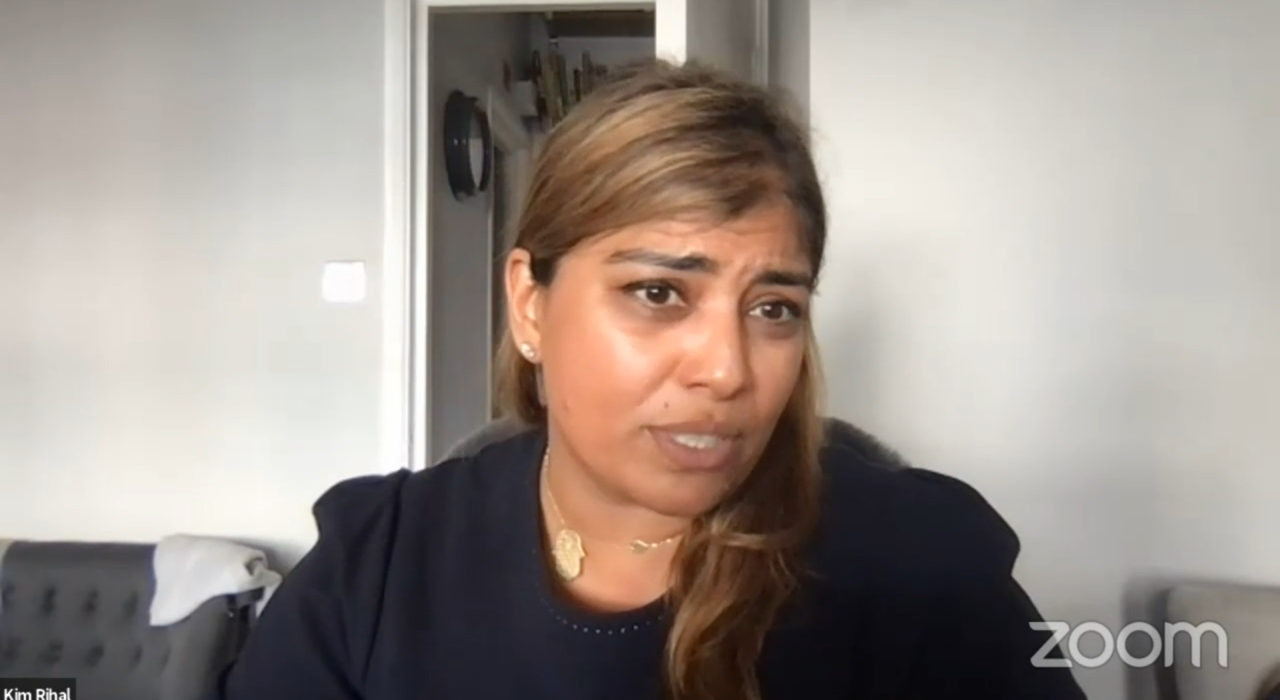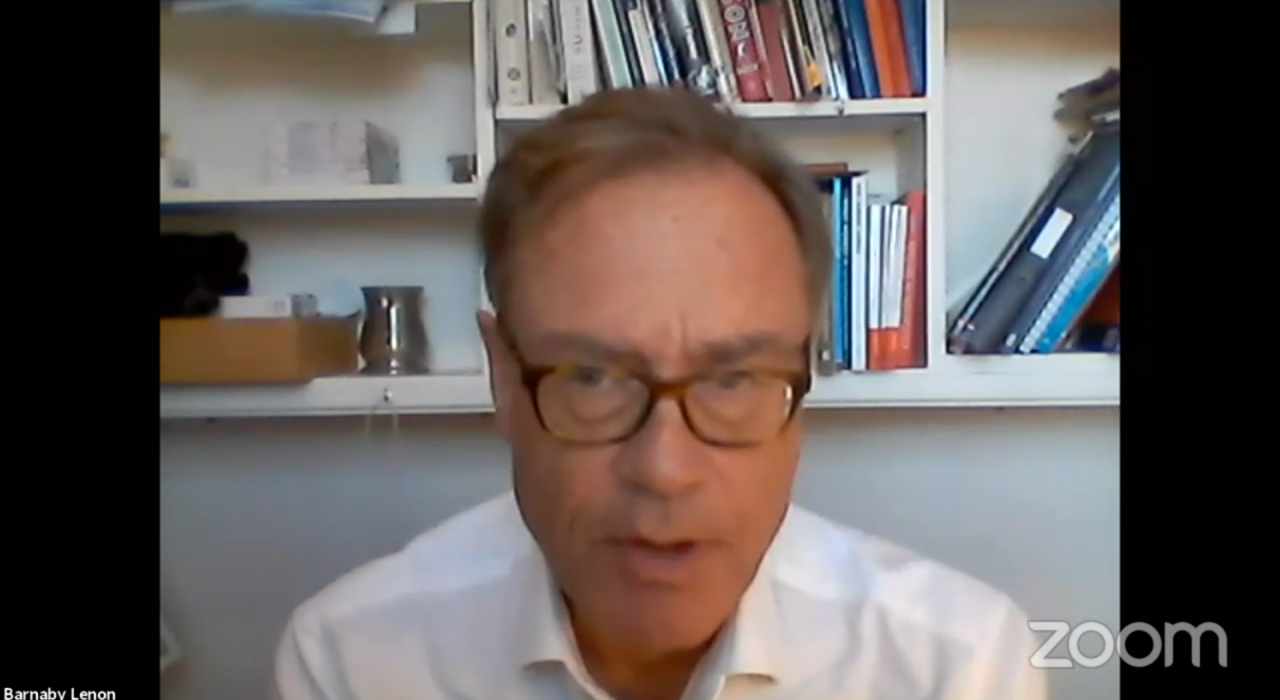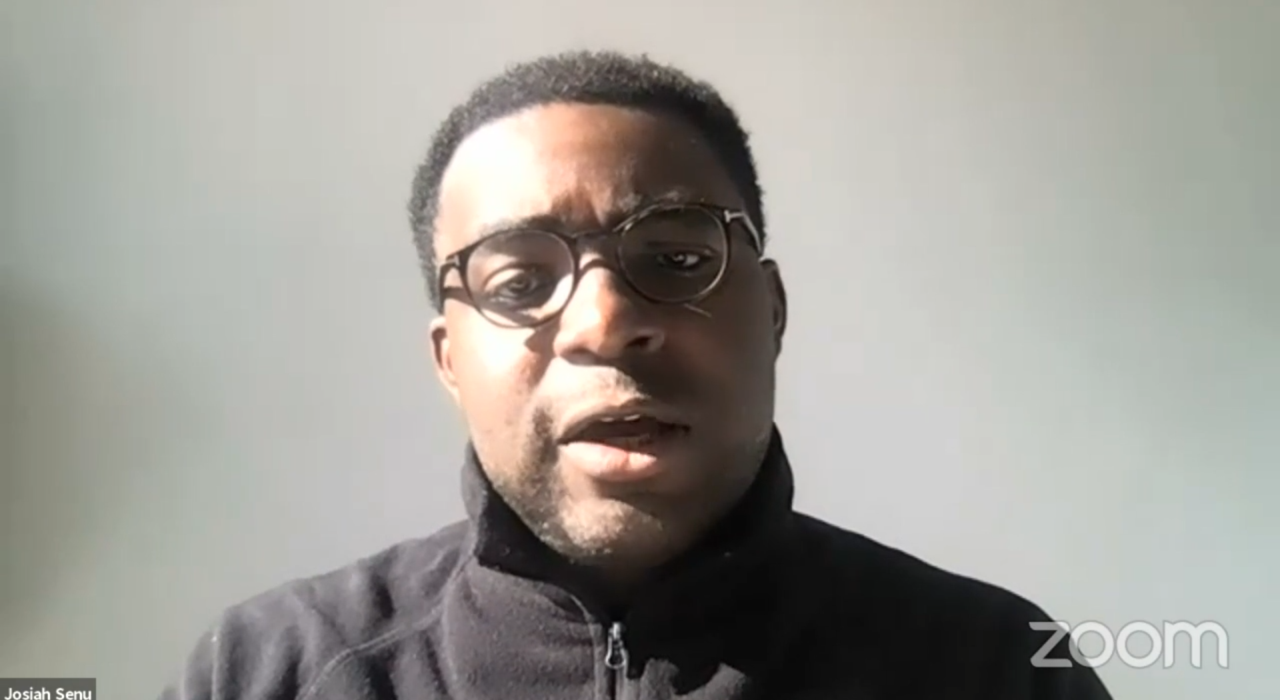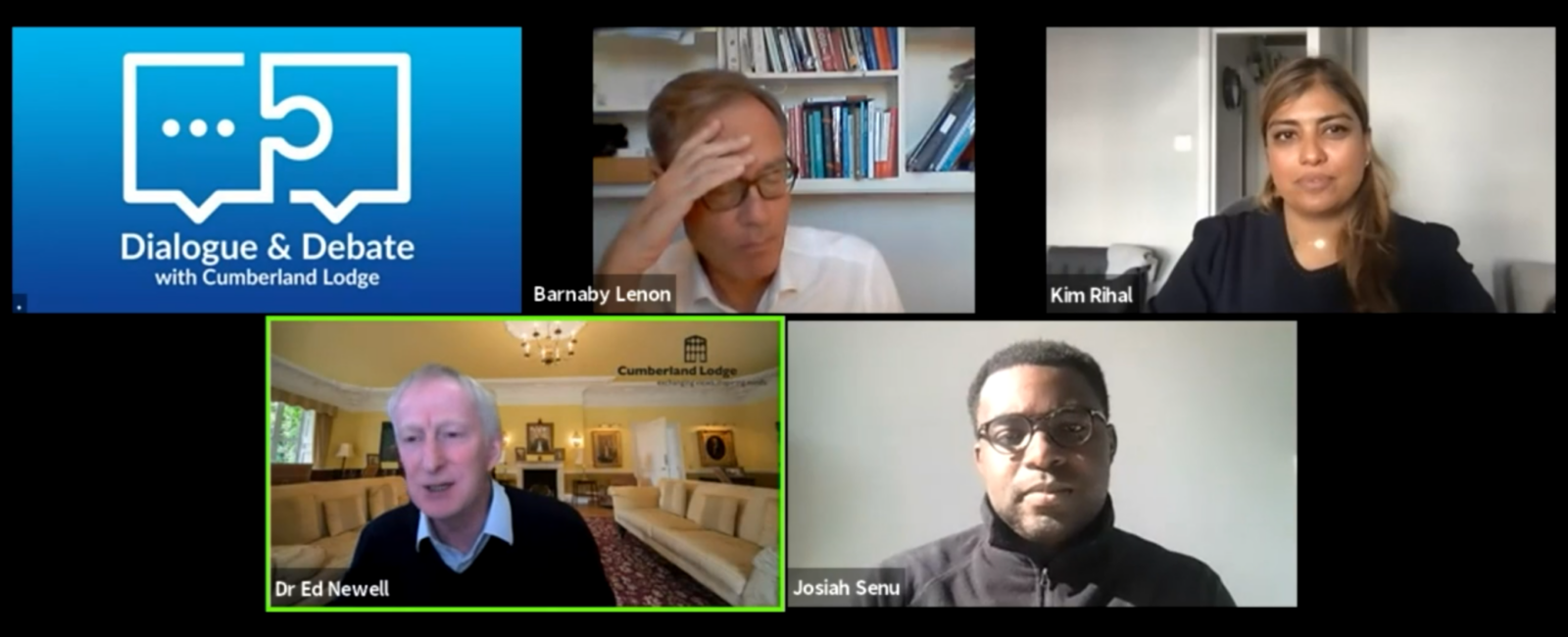Cumberland Lodge hosted a Dialogue & Debate webinar on Wednesday, 6 October 2021, exploring inequality within the UK schooling and education system, alongside sustainable and inclusive recommendations to ensure a fair opportunity for all to flourish.
Ed Newell, Cumberland Lodge Chief Executive, was joined by three panellists:
- Professor Barnaby Lenon CBE – Chair, Independent Schools’ Council
- Kim Rihal – Co-Founder and Head of Partnerships, Equal Education
- Josiah Senu – Deputy Chair, Sutton Trust Alumni Leadership Board
The conversation started with a live poll asking all participants the question – Do you think the education system in the UK helps or hinders social progress for young people? 26% of the participants responded that the education system in the UK helps social progress for young people, 47% said it hinders social progress, whilst 26% were not sure. These results helped to contextualise the discussion.
Inequality and opportunities
One of the speakers discussed the relative performance between students from different backgrounds and the implications for equal opportunity within the education system. She reiterated that students from disadvantaged backgrounds were, on average, 18 months behind their peers before the COVID-19 pandemic. However, the pandemic positively affected the attainment score of looked-after children in 2019, based on outcomes data released by the Department for Education. This positive impact could be linked to the absence of exams which is perhaps helpful for pupils with high levels of anxiety.
Another speaker touched on efforts to improve access and equality through widening participation. He highlighted that the eradication of direct grants to bright students whose parents could not afford to pay fees in independent schools was a major drawback for independent schools in ensuring a high level of diversity. The allocation of bursaries to some pupils in independent schools impacts exceptional children. Although, the number of bursaries available depends on the funds available to these schools. He noted other forms of relationships and partnerships projects that exist between the independent and state schools that encourage children to pursue higher education.

Financing state education
The speakers explored how the lack of financial means hinders access to private and higher education for state school students. They pointed out some structural disadvantages in the state educational system such as access to textbooks, clubs and societies, and other opportunities that help to build soft skills that are valuable in the workplace and within society. They suggested that more funding should be available to state schools to present opportunities that bridge the attainment gap at the point of entry to universities, accessing higher education, and employability.
An inclusive system
The dialogue emphasised the need to pay more attention to a broad and all-encompassing education system. This involves providing the knowledge and skills required to make a society function adequately, rather than only focusing on training students for white-collar jobs deemed as dignified. Education systems need to diversify beyond the structured classroom education to accommodate different learning styles and outcomes for individuals whilst changing the narrative of what society defines as a successful life.

Proactive recommendations to ensure fair opportunity
The different experiences and perspectives of the speakers provided a fine blend and rich depth to the conversation perfectly accompanied by stimulating questions from the audience. This constructive debate delivered some practical recommendations for improving a sustainable and inclusive schooling system in the UK:
- Reinforce the confidence of students from disadvantaged backgrounds in the attainment of higher education. Also, educate parents and guardians about university processes and the need to encourage their children and wards to pursue higher education.
- Raise awareness about imposter syndrome and reassure children from disadvantaged backgrounds, to boost their confidence and encourage intercultural social interactions as well as an inclusive environment for learning.
- UK universities should engage in more widening participation and outreach programmes, to improve the quality of information available about higher education, bridging the attainment gap.
- The role of adults, either parents or guardians, teachers, personal tutors, or mentors, in supporting children cannot be over-emphasised and should be encouraged.
I have immensely benefited from the support of mentors who have inspired, guided, and shown me, through their experiences, the importance of education in all its forms – formal, informal, and non-formal. This has played a fundamental role in my overall development and my engagements as an active member of the global society. I appreciate the role of a mentor and the importance of having someone firmly believe in my abilities and guide me in the right direction.

Concluding thoughts
In addition to the proactive recommendations, this informative session raised some questions that got me thinking: will the pandemic continue to have a positive effect on the attainment rates of students from disadvantaged backgrounds? Perhaps we could learn some lessons from the improvements made and make them into good sustainable practices which, in the long run, might give us a picture of what an inclusive schooling system should look like.


